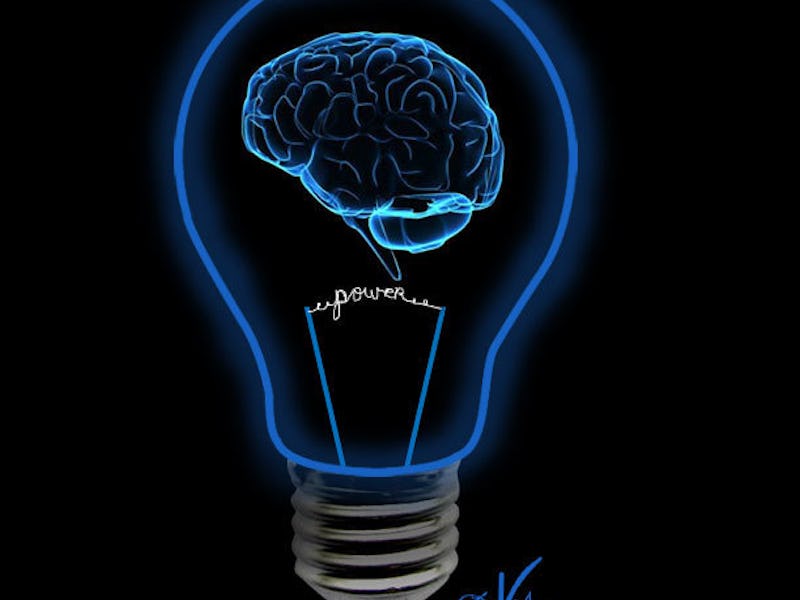Our Brains Really Do Make Lots of Random Decisions
Researchers are identifying areas of the brain that care about randomness -- and areas that don't.

You can, in many cases, predict an action. But you can’t predict the brain’s timing of it, and it’s the timing that ultimately determines whether the action is effective — or whether it came a moment too early or too late.
Neuroscientists at the Champalimaud Centre for the Unknown, in Lisbon, Portugal, spent nearly a decade analyzing the perceived randomness of the brain and discovered that the brain enacts a decision at a given moment based on both a predictable component and an unpredictable one.
The team trained lab rats to perform a series of tasks that were unusually random and variable and which were designed to test their patience. The length of time the rats were willing to wait to receive their reward was found to be partly predictable and partly random. By analyzing distinct regions of the rats’ brains, the researchers saw that one region in the motor cortex — M2 — reflected both random and predictable elements of the rats’ timing. But a second decision-making region — MPFC — reflected no randomness at all, and moreover functioned completely independently of M2, indicating what the researchers referred to as a “separation of powers” in the brain. The findings were published Wednesday in the journal Neuron.
“It was very surprising to us that we found some areas that seem to be in on the randomness and other areas that are not,” study leader Zach Mainen tells Inverse by phone. “If you want creativity, the ability to come up with new ideas, to take not just what’s given or what you’ve already experienced but to synthesize new possibilities, that’s in some ways random behavior. The big thing we’re hoping to do now is go beyond measuring one or two brain areas at a time and build models of how the brain works as a whole, how the whole myriad of neurons conspire to generate randomness.”
A bigger question the researchers are trying to answer is just how much of human behavior is random.
“Ultimately, it has to do with the question of, ‘do humans have free will?’” Mainen says. “It may be that part of this randomness is a feature of the brain that’s never really trackable. The brain may go to some lengths to be unpredictable, and we’re very curious what regions of the brain are producing these random behaviors — can we get into that further and actually outwit them? Or do they really generate randomness, really just have dice inside?”
Abstract:
The selection and timing of actions are subject to determinate influences such as sensory cues and internal state as well as to effectively stochastic variability. Although stochastic choice mechanisms are assumed by many theoretical models, their origin and mechanisms remain poorly understood. Here we investigated this issue by studying how neural circuits in the frontal cortex determine action timing in rats performing a waiting task. Electrophysiological recordings from two regions necessary for this behavior, medial prefrontal cortex (mPFC) and secondary motor cortex (M2), revealed an unexpected functional dissociation. Both areas encoded deterministic biases in action timing, but only M2 neurons reflected stochastic trial-by-trial fluctuations. This differential coding was reflected in distinct timescales of neural dynamics in the two frontal cortical areas. These results suggest a two-stage model in which stochastic components of action timing decisions are injected by circuits downstream of those carrying deterministic bias signals.